Off-campus living advice

Off-campus living advice
The information provided by the University of Warwick regarding off-campus housing options is intended solely for informational purposes to assist students in making informed decisions about their living arrangements. While we strive to offer accurate and up-to-date information, the university does not endorse any specific properties, landlords, or housing services. Students are encouraged to conduct their own research, visit potential residences, and thoroughly review lease agreements before making any commitments. By utilising this information, students acknowledge that the university is not liable for any issues arising from their choice of off-campus housing, including but not limited to safety concerns, property conditions, landlord disputes or areas.
Unsure where to start, or already somewhere on your journey? Have a look below, and use our drop downs to help support you!

OFF-CAMPUS
Off-campus offers a wider range of styles and types of homes and housing. Some things to think about:
- Different local areas will have different styles of housing (purpose-built student accommodation, privately shorthold tenancies, living with a landlord)
- You may have a budget that you need to stick to- think of what you need!
Top tip: Do not rush to rent! There are plenty of off-campus accommodations.
ON CAMPUSLink opens in a new window
If you're considering living on campus, Warwick Accommodation prioritise students who are supported by Wellbeing and Student Support.
Keep an eye on your emails and our website for updates and announcements on when room bookings open.
A very limited number of rooms are usually bookable on a first-come, first-served basis for students who are not supported for specific accommodation requirements.
Warwick Accommodation aim to open campus room bookings in January 2026.
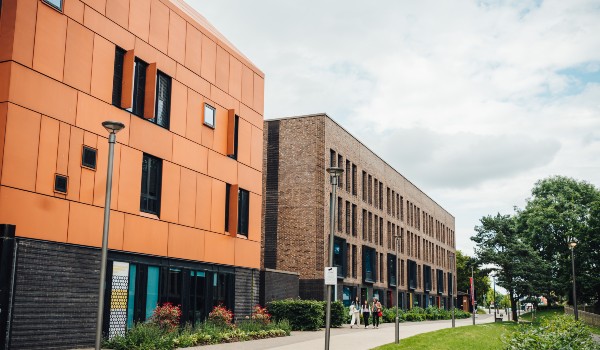

COMMUTING
We know students come from all walks of life, and living at home or commuting from a family home may be the preferred option.
We've pulled together some top tips and guidance from other students who also commute and you can see them on our pages here.
Short-term letsLink opens in a new window
The SU has guidance on how to find somewhere to stay if you're looking for a short term (less than 6 month) place to stay.
The student funding team at the university has pulled together some general advice on budgeting, which will help you to get started! They also have general tips on managing money for those who are looking for wider guidance.

RENT
The main additional cost when moving somewhere new is the rent. Different places will have different rental costs, some include utilities and some don't.
Have an idea of roughly what you can afford monthly for rent, and what your bottom and top end is.
Check out the pricing below
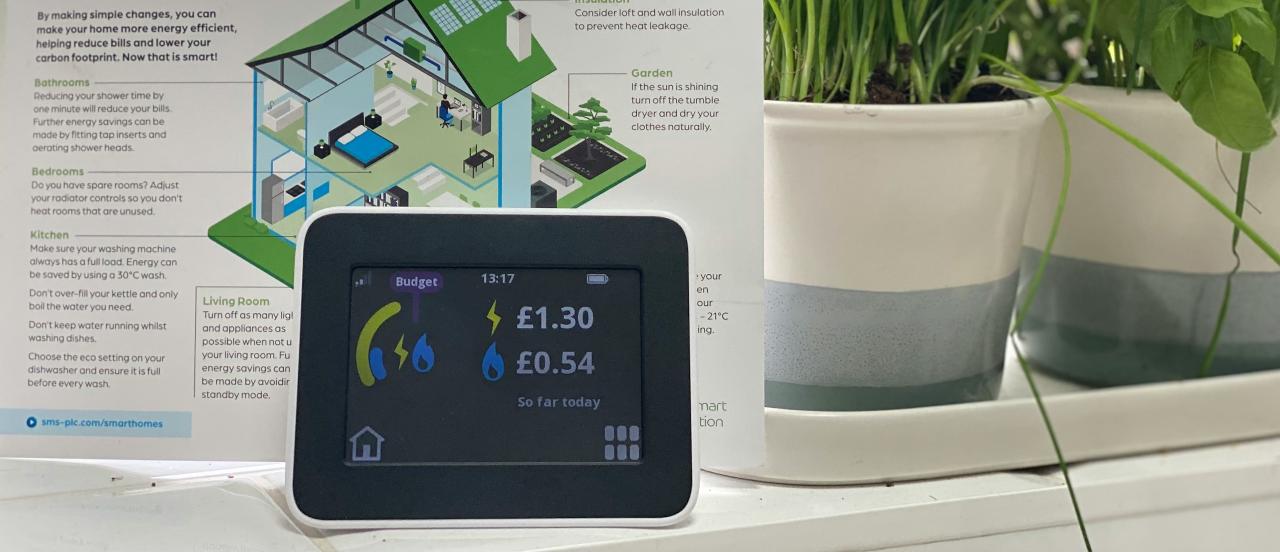
UTILITIES & BILLS
Utilities and bills are the second biggest cost, and often encompass everything from water, electricity, gas (heating) and internet.
There are also additional costs that you will need to factor in such as TV license and contents insurance.
We recommend you do some research and understand what works best for you and your area.

ADDITIONAL COSTS
Moving to a local area can come with some lovely additions, but also you may want to consider:
- Travel or transport costs (how much will it cost to catch the bus every day, is there alternatives)
- Health and wellness- classes and gym costs, prescriptions and vitamins
- Deposit and other moving-in costs
- Food and shopping
Always remember to look for student discounts.
Rent differences- house sizes
When choosing your next steps, it is also important to consider not just who you want to live with, but if you can find properties that will cater for your size and needs.
As of 24/11/2025 the average rent prices (from Warwick Studentpad) per person per week was:
| No. Bedrooms | Min | Average | Max |
| 2 | £184.62 | 184.62 | 184.62 |
| 3 | £135 | £150.74 | £175 |
| 4 | £95 | £122.12 | £147.69 |
| 5 | £99.23 | £119.21 | £149.50 |
| 6 | £100 | £137.38 | £190 |
| 7 | £98.90 | £149.62 | £190 |
We know there may be many surprises when it comes to living in the UK. The University has put together some pages to highlight and guide you in navigating the unique changes and challenges you might face.

If you decide to live with other people, this will form an essential part of your living experience. When you choose your flatmates, you want to enjoy living with them! Think carefully about who you would like to live with, as housing contracts can be very inflexible if your group changes.
Have you considered:
- Lifestyle differences?
- Shared interests?
- Tidiness?
- Daily routine and how you would share responsibilities?
- Budget when sharing the cost of a house?
- Shared expectations for visitors and guests?
- How will you choose who will get the larger/smaller room? Will you change rental costs based on this?
Be sure to check out additional advice from the SU about choosing flatmates under the ‘Choosing Housemates’ section.
Need to find an extra housemate for your group, or struggling to find a group to live with? Check out the Housemates Wanted ForumLink opens in a new window run by the SU to help you find flatmates to live with.
When choosing flatmates it is important to have discussions before you move in. Have a look at our guide here on things to think about or discuss:

Consider House Size and Cost
When choosing who to live with, it is also important to consider not just who you want to live with but if you can find properties that will cater for your groups size and needs.
As of 24/11/2025 the average rent prices (from Warwick Studentpad, based on 1,460 rooms) per person per week was:
| No. Bedrooms | Min | Average | Max |
| 2 |
£184.62 | £184.62 |
£184.62 |
| 3 | £135 | £150.74 | £175 |
| 4 | £95 | £122.12 | £147.69 |
| 5 | £99.23 | £119.21 | £149.50 |
| 6 | £100 | £137.38 | £190 |
| 7 | £98.90 | £149.62 | £190 |

PBSAs
Purpose-Built Student Accommodation (or PBSA) are accommodation blocks specifically built and designed to host students. Similar to the accommodation blocks you would find on campus, you can expect to rent a room in the accommodation block.
Here’s what makes them unique:
Utilities like electricity, water, gas and internet are typically included in the rent for a room.
However, this may not always be the case: check with the PBSA if they offer bills-inclusive rooms (you may be able to find this information on their website).
Some PBSAs offer a variety of room options to suit different student preferences. You may be able to choose from options like shared flats with communal kitchens and bathrooms, en-suite rooms for more privacy, or self-contained studios for complete independence.
Be sure to check what type of room options are available at the PBSA you’re considering. Some PBSAs may also allow you to live with your friends.
Please note that more self-contained options, like en-suites and studios, tend to come at a higher price compared to shared flats.
PBSAs can sometimes come with additional amenities- gyms, study areas, common rooms, laundry facilities, cafés, shops, and sometimes even cinemas!
Naturally, these will affect the price, but it's worth considering what you would like to have easily on hand.
Some PBSAs have enhanced security features like key card access and on-site staff and security to prioritise your safety. Be sure to review the specific safety measures offered the PBSA that you're considering to ensure they meet your needs.

Private rented- student homes
Student homes are usually regular houses or apartments rented out specifically for students. They offer a more independent living experience and are often located within the local areas around campus.
Here’s what you can expect:
Take charge of managing your own home. From managing your own bills to balancing chores, living in a student home helps you build real-world skills while gaining more independence.
Additionally, this means you do not have to worry about caps on your utilities.
It feels like a typical home, which can be cosy and comfortable. You normally will have a room each, and shared communal spaces such as living rooms, bathrooms and kitchens.
You’ll likely be neighbours with locals, giving you a chance to fully immerse yourself in the local community and culture.
Be sure to check out our tips on being a good neighbour, or have a look at our local area guides- each containing a 'what's on locally' to help find what you can get involved in!
You can choose to live by yourself in a student home, or with friends!
If you're searching for a student home with friends, make sure to filter by the correct number of bedrooms for a home to host your entire group.
Make sure to also check out our tips on choosing flatmates to help guide you on choosing compatible flatmates by, budget, lifestyle and more.
Sometimes student homes can be a cheaper alternative than purpose-built options, especially if you decide to share a home with others and split the rent.
Important to check- there are 2 different types of private rentals:
- Shorthold tenancy- most privately rented accommodation sits under this and it means that there are certain statutory terms
- Living with a landlord- although rare, in some cases where your landlord cohabitates with you, or one of their family members, then you will be a 'excluded occupier' which has more limited rights
It is always worth double-checking, if you are unsure if this is the case then ask or reach out to the SU Advice Centre'sLink opens in a new window free contract reading service who you can contact through this formLink opens in a new window.
Different areas will have different types and quantities of student accommodation types- consider which is more important to you, style of housing or location.
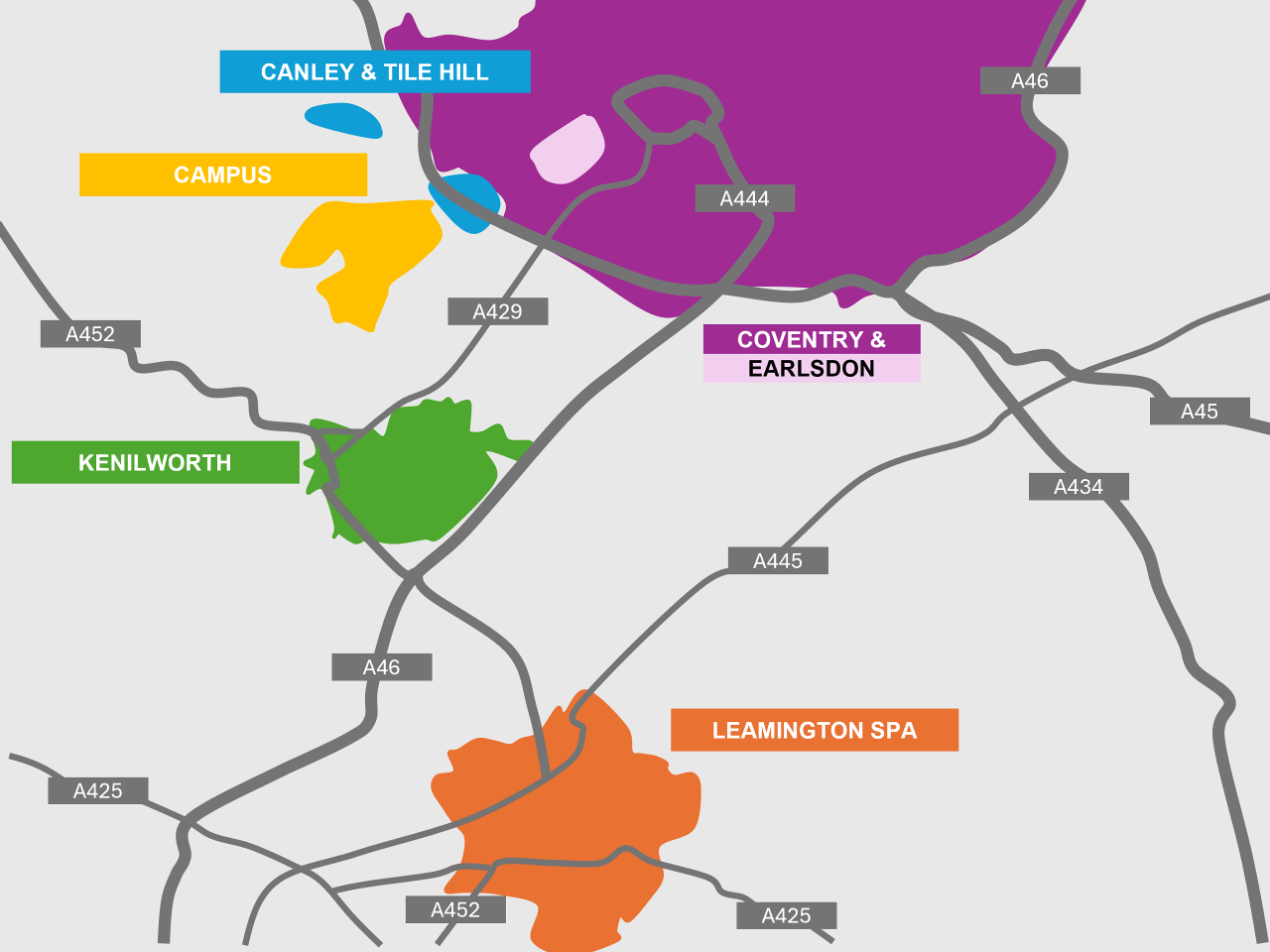
There are a lot of different local areas that you can live in. We've created local area guides on each of these, which you can see below:
- Coventry & Earlsdon (4 miles) »
- Royal Leamington Spa (8 miles) »
- Kenilworth (3 miles) »
- Canley & Tile Hill (2 miles) »
We recommend visiting a few of these and getting a feel for the area itself before deciding where you want to live. Remember, commuting time, transport options, things to get involved in and amenities (such as shops) are all things to take into consideration.
We have some self-guided tours on our Local area tours page that might help with some guidance on where to get started, or have a fun day out with one of our EXPLORE suggestions.
Questions and things to think about
- How busy or quiet do you like it?
- What is the travel like, does it get crowded around when you might need to be on campus?
- How long does it take to get to campus?
- Do you feel safe and comfortable (imagine walking home in the dark)?
- What is the local community like, will the neighbours be friendly (do you want friendly neighbours)?
- Availability of study spaces?
- Availability of shops- how far away is the corner shop for urgent needs, how far away are the big shops for the weekly food run? Can you get there by walking or public transport?
- What types of housing are there (student accommodation vs flats vs housing)?

TOP TIP: try travelling to and from the places you're thinking of living, around the same times you would normally travel there and see what the buses (or other transport options) are like.
Finding the right accommodation is the first important step in starting your off-campus experience. Don't rush to rent, there is plenty of time, and accommodation, in the local areas!
Once you have an idea of your preferences, where you would like to live and who you would like to live with the next step is taking a look at potential future homes. Below are some ways to source houses:
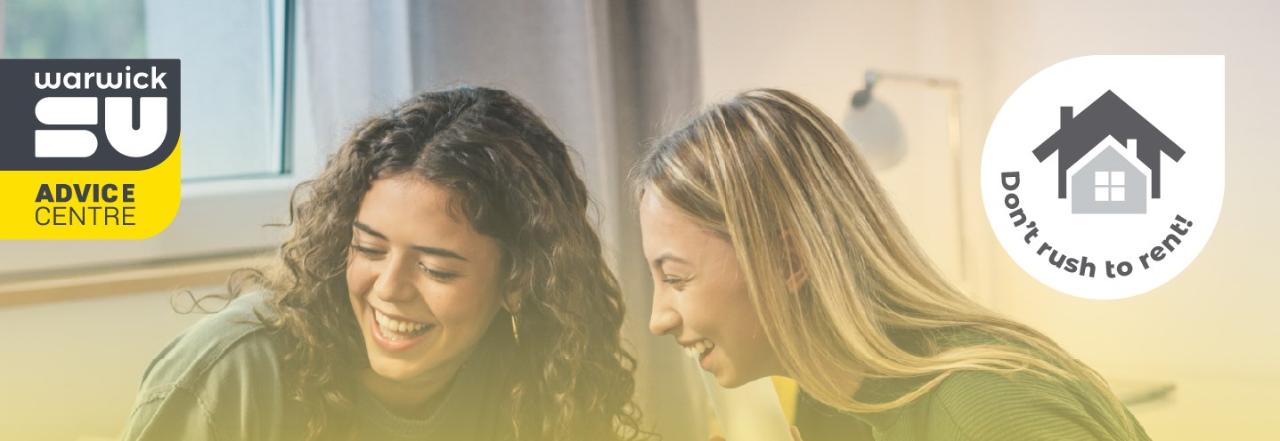
Housing Day
The SU Advice centre runs a Housing day every year- a chance to understand how to rent properties as a student, explore your options and make good accommodation choices. They often have representatives from both Warwick District council and Coventry City council who can give you more information around their localities.

Housemate wanted forumLink opens in a new window
The Student Union have created a space for students who are looking for flatmates (both those with spare rooms and those looking for rooms).

Warwick Studentpad
Warwick Studentpad is a student property portal exclusively for Warwick students, advertising properties local to the University. You can browse properties, liaise directly with the landlord(s) and connect with other Warwick students to find housemates and/or chat about your property experiences, all in one place.
Designed to take the stress out of your property search, we recruit landlords with properties in the areas you want to live, to advertise directly to you, offering you a wide range of choice.
Experienced professionals run the service and can provide guidance on local areas, what to look for in a property and what you need to know about your landlord. We encourage you to carry out your own due diligence before entering a tenancy with the landlord.

Online platforms/agencies
There are a lot of online platforms or local agencies that you can use to find student-specific housing. Be careful when using general online platforms (like Zoopla) as they may show you private-rented accommodation, but not ones that are available for students.
If you're not sure where to start, we recommend using Warwick Studentpad but there are other sites you can use, such as:
- Accommodation for students
- UniHomes
- Amber students
- Rightmove
- Zoopla
- OnTheMarket
- SpareRoom
You could also go through a letting agency, who act as middlemen between landlords and their tenants. Always do your research and look to see that they are a member of a professional body.Link opens in a new window Some even get additional accreditations (such as property markLink opens in a new window) to signify their adherence to higher standards.
Housing scams involve fraudulent individuals or organisations tricking students into paying deposits or rent for properties that don’t exist, are already occupied, or are not legitimately available for rent. Scammers often create fake listings, apply pressure tactics, and request money upfront, especially from international students or those searching remotely.
- You're asked to pay money before viewing the property: scammers often request a deposit or first month’s rent upfront to “secure the property,” even before you’ve seen it. Legitimate landlords will let you view the property first in person ideally.
- The listing seems too good to be true: if the rent is significantly lower than similar properties in the area, or the pictures look highly edited or generic, it might be a fake listing.
- You're pressured to act quickly: scammers create urgency by saying things like “other tenants are interested” or “you need to pay today.” or “you’ll lose it if you don’t secure it now.” Be cautious if you're being rushed into a decision.
- The landlord refuses to meet or show relevant documents/proofs: genuine landlords will be transparent and willing to meet (or have a letting agent act professionally on their behalf). If the person avoids video calls or won’t provide ID, it’s a red flag.
- You’re asked to pay via cash: requests for payments via cash are strong indicators of fraud. Always use traceable, secure methods like bank transfers to verified UK accounts.
- Communication is vague, unprofessional, or suspicious: look out for strange email addresses, or lack of information. If the person avoids answering specific questions or gives inconsistent information, beware of that.

Important to note: Agents are no longer allowed to charge fees for arranging a tenancy. If you are being asked to pay anything other than rent, the tenancy deposit, or a refundable housing deposit contact the SU Advice CentreLink opens in a new window!

- Use trusted platforms and agencies: search using Warwick Studentpad, or using well-known and certified sites. Avoid listings from unknown Facebook groups or online classifieds.
- View the property and verify it thoroughly: try to visit the property in person. If you’re abroad, ask for a live virtual tour and a video walk-through. Don’t just accept photos.
- Never pay a deposit before signing a legitimate contract: always ensure the tenancy agreement is legally valid and signed by both parties before making any payments. You should always have the contract reviewed by Warwick SU’s Advice CentreLink opens in a new window.
- Check the landlord or agent is legitimate: use the Land RegistryLink opens in a new window to confirm ownership, or contact the local council to check if the property is a licensed HMO (house in multiple occupation). Check they are registered with the appropriate website for any accreditations or certifications. Important to note, Warwick Studentpad runs some initial checks, however if you don't go through this service we recommend you check:
- Gas and Electricity certificates are valid
- HMO license
- EPC certificate (must be between A->D)
- Land registry- confirm ownershipLink opens in a new window
- Trust your instincts: if something feels off, even if everything looks okay on the surface. Take a step back. It’s better to lose a listing than fall for a scam.
- Stop all communication and don’t send any money: pause before making any payment, especially if you feel unsure. It's okay to walk away from a property listing.
- Gather evidence and take screenshots: save all communications, bank transfer details, screenshots of the advert, and any email addresses or phone numbers used by the scammer.
- Report it to Action Fraud: Visit actionfraud.police.ukLink opens in a new window and submit a scam report. It’s the UK’s national fraud and cybercrime reporting centre.
- Contact Warwick’s support services: The Student Union Advice CentreLink opens in a new window should be your first point of call, however if you feel in immediate threat or want to talk to someone immediately contact the Community Safety Team who will be able to offer support.

Warwick Support Services
- SU Advice Centre:Link opens in a new window offers confidential support with contracts, scam cases, and housing advice
- Wellbeing and support services: offers consultation and support if targeted by a potential scam
- The Universities' Stay safe: accommodation tips can offer some helpful insights!
External resources:
- Land registry officeLink opens in a new window: to verify property ownership
- Action Fraud (UK)Link opens in a new window: who handle UK fraud claims, such as housing scams, which includes rental fraud
If you have decided whether you would like to stay in a student home or a PBSA, the next step is to find somewhere to live that will satisfy all of your needs. Here is some guidance and resources to help you make a decision that’s right for you.

Top Tips
View multiple properties- in person, and don't settle for the first option
Check the property- use the SU Inspecting a property checklist, to ensure you're moving into the right place for you (think heating, mould/damp)
Talk to the current tenants about the property or PBSA- ask the students who currently live there about their experience, if possible.
Make sure it all works for you- Warwick Studentpad has pulled together a comprehensive guide of things to keep an eye out for
Budgeting- make sure that all of the costs work for you, be sure to ask any current tenants what the bills are like to get a better idea
Public transport access- how far away are you from public transport, and do you feel safe walking to/from there?
Video & guides
Hear from Warwick SU Advice centre for an overview of the house hunting journey
NUS House Hunting guideLink opens in a new window
the NUS have an entire Ready to Rent webpageLink opens in a new window who can help support you through your moving journey
Your guide to looking for accommodationLink opens in a new window
The SU Advice centre have pulled together a general overview of all the steps involved in looking for accommodation
What is it?
This is a UK law that requires all landlords and letting agents in England to verify that prospective tenants have the legal right to live in the UK before renting a property.
Does it apply to me?
All students need to prove they have the right to rent and this can be up to 28 days before signing a tenancy agreement.
With the exception of certain types of housing (such as PBSAs) almost all students need to verify they have the right to rent.
What do I need?
Depending on your nationality or your immigration status, this might change what you can use to prove your right to rent.
Important: if you have any questions about Right to Rent checks, contact the SU Advice CentreLink opens in a new window.

Guarantors
What is a rent guarantor?
A guarantorLink opens in a new window is someone who agrees to cover your rent if you’re unable to pay. Most landlords and agencies will require a UK-based guarantor for student rentals before a tenancy agreement can be completed. Before signing a contract, make sure your guarantor understands their legal responsibilities.
A guarantor is a third party, for example a family member, who agrees to pay the rent if for any reason you as the tenant cannot. In some cases a guarantor is also liable for other costs that might be incurred, for example any damage to the property that happened whilst you were living there. Agreeing to be a guarantor is a binding legal commitment, and landlords can take legal action against your guarantor if the rent, or other costs, are not paid.
Check if you need a guarantor for student housing that you are interested in and be sure to get this in place before you start.
A person acting as a guarantor would normally have the following credentials:
- UK individual citizen- to enable a landlord to pursue action through the UK court system if required
- Solvent- credit checks may be taken to assess ability to meet any potential liability
There are guarantor services that can cover this- see the section below.
If you are a home or international student, and do not have a UK based guarantor, you can also explore guarantor services which act as your guarantor for a fee. Here are some organisations that offer guarantor services to students:
- Housing HandLink opens in a new window
- Rent GuarantorLink opens in a new window
- UK GuarantorLink opens in a new window
Be sure to ask your landlord or letting agent about their guarantor requirements early on, so you have time to make arrangements.
Important: check if you need a guarantor for student housing that you are interested in and be sure to get this in place before you start.
Understanding the costs
There are always hidden costs when moving or changing location, we go into detail on understanding your bills and other initial costs, but before that there is:
- A refundable holding deposit- no more than 1 weeks rent, used to reserve a rental property before renting (that is returned under specific circumstances)
- A tenancy deposit- no more than 5 weeks rent, paid after the tenancy agreement that is held to cover potential damages during the tenancy
- TO NOTE: if you keep the house in good condition, and cause no damages this should be returned to you at the end of your tenancy
- If you have not found a guarantor- landlords can ask for some, or all, of your rent in advance. Do not be pressurised into this, if you need any guidance please contact the SU Advice serviceLink opens in a new window
- There should be no fees for arranging a tenancy- other than the ones stated above, agents cannot charge you for securing a tenancy
Your landlord could collect additional fees after the tenancy has started such as early termination payment, payment for things like utilities (if included in rent), costs for things such as lost keys replacement and a default fee for late payments on rent.
Budgeting
Make sure you've thought through all of the costs that come with moving house, a short overview can be seen on our figuring out your budget section.
Get your contract checked
If you have chosen somewhere you would like to live, that's great!
VERY IMPORTANT: Don’t rush to sign your contract! A housing contract is a legally binding agreement between you and your landlord. Once signed, you are committed to the contract, so it’s important to carefully review all details, including rent, deposit, the group you are staying with, and tenancy duration.
We recommend checking out the SU’s ‘Signing the ContractLink opens in a new window’ page for a checklist of important things to consider, as well as a lot of useful information to help you or your group fully understand your housing contract before signing.
Having an independent review of your contract can also be incredibly helpful to ensure you don’t miss anything. Consider getting your contract checked, for free, by a member of the SU Advice Centre Team who are there to help you make an informed decision.

Signing your tenancy agreement
Before signing your tenancy agreement, after you've had it checked by the SU Advice centre, make sure to read through it all once more and make sure everyone agrees to what they are signing.

Verifying deposits
A deposit is an upfront payment you pay to your private agent or landlord when renting. It is used as security for any potential damages or unpaid rent you may make during your tenancy. If everything is in order when you leave the property, then make sure you get it back!
Make sure to check your tenancy deposit is protected. When you make a deposit, it should be protected with a government-backed tenancy deposit scheme. It is the responsibility of your landlord to secure the rent deposit.

Breaking down rent
Different houses have different sizes and needs, and all students who sign a tenancy agreement will be responsible for fulfilling payments on the house.
Different-sized rooms
We recommend discussing with your flatmates how you will go about splitting the rent, and possibly the utilities, by room size.
This conversation can be had at any point, but if you haven't already discussed this before now, we recommend doing so before you move in.
Other considerations
If the rooms are similarly sized, but you have different lifestyles and expectations, you may want to discuss what this looks like in application.
Tenancy rights
As a tenant, it’s important to know your rights to ensure you’re treated fairly by your landlord or private agent throughout your tenancy. This article by Save the Student provides a helpful list of tenant rights that every student should know before moving into their new place.
Contacts
If you feel that your landlord or private agent isn't fulfilling their responsibilities, is breaching the terms of your tenancy agreement, or is acting in a way that isn't legal, you can reach out to:
If you feel that your needs aren't being met, then you could consider joining ACORN, a tenants union who (if you are a member) can help with any tenant issues.
Responsibilities
By moving in, and signing the tenancy agreements you agree to:
- Pay rent on time
- Pay your utilities (if not included)
- Maintain the property (to the standard it was when you moved in)
- It is worth checking if you are responsible for external areas such as a garden/driveway if you have one!
- Not to cause any damage- you are also responsible for guests!
- Using the property responsibly e.g. taking reasonable precautions to prevent mould
- Being a good neighbour ( guidance on what this looks like here!)

Living in accommodation away from campus means you will likely need to organise your own bills. However, if you live in PBSA (Purpose-Built Student Accommodation) or have a “Bills Included” contract then yours are organised for you. If you have to sort your bills yourself, then you're in the right place!
How to pay for your bills
You will need to decide how you and your flatmates are going to pay for the bills. There are four main methods that students use, and you need to unanimously decide what works best for you.
Using a joint bank account is a good way to pay bills if there are two or three people living in the property.
It is a bank account, with bank cards that you can all contribute money into and the bill companies take the money from that account.
Make sure to do your due diligence and understand what the responsibilities are for all involved.
One person is responsible for the payments to the companies and is a good system for a bigger number of flatmates.
Each other member of the house is responsible for sending over the money for the bills each month before the money is directly taken from the single bank account listed on the bill.
Make sure to do your due diligence and understand what the responsibilities are for all involved.
This is a convenience service that manages your bills and divides the payments up between your housemates and takes the bill money directly from each person to pay it to the bill companies.
Make sure to do your due diligence and understand what the responsibilities are for all involved.
Various apps are available that help calculate amounts needed and tracking payments, but do not actually split the bills for you. They are a good resource to make sure everyone is one the same page for bills and payments.
Make sure to do your due diligence and understand what the responsibilities are for all involved.

Bills you need
Before you move in, you should have your bills set up and ready to go, including telling the companies when you move in to the property.
Take photos of your meter box for gas (and water if you have access to yours) as proof of how much energy you use. They are located outside the house and need a meter box key to open (available from hardware stores).
You need to pay your water bill to be able to shower, wash up and even use the toilet.
Unlike with other bills, you are not able to search around for better deals as there is only one provider of water in your area.
For most in the Midlands, this is Severn TrentLink opens in a new window.
There may be an initial bill, when transferring the property into your name, and to get account details set up. After this, you pay for however much water you use.
Some providers combine the two, yet others keep them separately, but you will need both in your student property.
There are different providers that have various offers for students so it is worth hunting around for the best deals for your gas and electricity.
You need broadband to connect to the internet. There are many providers out there all with different deals so it is worth looking around.
The house you are renting will already have a provider so you can stay with them or find a better deal elsewhere.
in order to watch TV and streaming services, you need a TV license. They do not offer a student rate but yo can reclaim some of the expense if you are not home during the entire 12 months.
There is only one provider and it is paid at a standard rate across the UK.
On-campus accommodation typically covers contents insurance to make sure your valuables are safe whilst living there.
This is not the case for off-campus accommodation and is something you should sort yourself. Check out the Save the Student guide to Contents Insurance (2025) to find the best deal!
As students, you do not need to pay council tax! Your landlord or estate agent might ask for proof that you are a student in order to show the council that students are living in the property. It is best to sort this as soon as possible to avoid paying.
Top Tips
- Set up utilities and bills early- don't wait until your first week of term, this can cause a lot of stress and you may have delayed access to things you need or extra charges.
- Shop around for the best deals- different providers offer different rates, take your time and figure out what works best for you.
- Understand fixed, variable/pay-as-you-go bills:
- Fixed- you know exactly what you'll be paying for each unit of energy, over the length of your contract and it is set at the rate you agree
- Variable (aka pay-as-you-go)- your costs can change depending on global energy prices
- Consider group budget- make sure you choose a package that suits everyone's budget, and discuss ways to save energy or keep bills lower.
- Remember to take an initial meter reading- make sure to inform your providers of any meter readings
Everyone approaches living together a little differently, having chosen your flatmates for next year remember that discussions around budgeting and utilities are just as important. These could include:
- If you would like to share the costs of house staples, i.e. toilet paper, washing up liquid, bin bags
- Cleaning charts/chore rotas - how often would you like to clean the house, who will do which parts and what are the daily expectations around tidiness
- Inviting guests over:
- When does it need to be checked with the others living in the house and when is it ok to be more impromptu
- Rules for overnight stays
- Setting boundaries for when dates or romantic partners come to visit (especially important for flatmates currently dating who may want to bring them home)
- What to do when someone wants to throw a party, and how to accommodate for everyone's needs
- Who will be in charge of making payments and ensuring they've been made, i.e. bills or rent
- Within this, you may also want to discuss parameters around turning the heating on or off
- What to do if someone misses a payment
Consider pulling this all together in one place, these are normally called housemate agreements and can be a handy tool for getting everyone on the same page!

Initial checks: before you unpack!
When you arrive, before you unpack- make sure to log the current state of the house or flat.
- Take as many photos as you can- document any damage, or anything not cleaned properly.
- Look into: ovens, electricals, showers, windows, curtains, and carpets/floors
- There is no such thing as too many photos, document anything that could be misconstrued as damage or wear you have caused.
- Report damage and concerns to your landlord- if there is anything significant or you are concerned, make sure you register this with your landlord.
- Do so in a way that leaves a paper trail, so that you have proof just in case
- Inventory list- some landlords will provide you with an inventory DO NOT SIGN IT UNTIL YOU HAVE CHECKED EVERYTHING IS ACCURATE- both the additional things they have provided and their condition.
- They will use this as a reference at the end of the tenancy.
During your tenancy:
- Keep note of any damage you may have caused, and any resolution you have come to with your landlord
- Do not try to hide any damage, be honest and try to resolve with your landlord as soon as possible
At the end of your tenancy, after you've packed:
- Check your original photos- beyond normal 'wear and tear' make sure the condition is the same.
- Take photos of how you left it- this will help for any disputes, if you need proof.

Reminder- contents insurance
Most students don’t think they need contents insurance- after all, it’s easy to assume nothing bad will happen.
But imagine losing your laptop, phone, or bike in one unlucky moment- could you really afford to replace it all?
Contents insurance gives you peace of mind for just a few pounds a month, protecting the things that matter most if they’re lost, stolen, or damaged.
Think of it as your safety net- because accidents happen, but being prepared puts you one step ahead.
Managing a household
There are certain essentials to tick off first, which we cover in our preparing to move page- head there first!
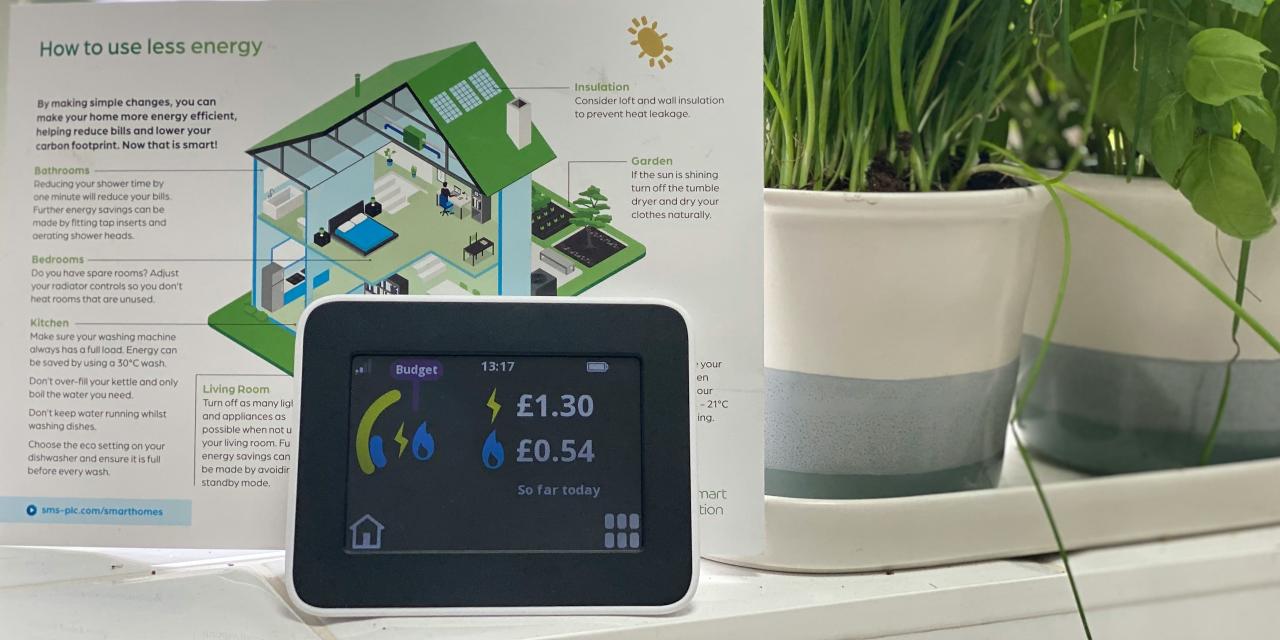
Setting up your home & bills
A list of things to remember:
- Take photos, document any issues, confirm your inventory
Deposit protection - Check for any issues or disrepair
Everything not as expected?Link opens in a new window - Take meter readings for utilities companies
How to read a meter - Check you know where all the important things are
Bins- it is your landlords responsibility to provide these, but yours to put them out weekly
Water stop tapLink opens in a new window
Carbon monoxide alarm
Fuse boxLink opens in a new window
Gas safety valveLink opens in a new window - Check your smoke alarms, and ensure the gas certificate is up to date
What is a gas certificateLink opens in a new window - Set your health and wellbeing up
Off-campus health and wellbeing - Unpack and settle in!
These and more have been covered, in this handy list of things to do when you move in!
Maintenance
Landlords are responsible for the general maintenance and upkeep of the property.
Need to report a maintenance issue, but not sure where to start? Use our maintenance report form and follow the steps below.
- Keep written records-
- Always report issues via email or through the official maintenance platform
- Save screenshots, responses, and photos of the problem.
- Note the date and time each time you report the issue.
- Follow up- if there is no response in 7 days (sooner if the issue is urgent) send a polite follow-up email referencing your original report
- Double check your tenancy agreement-review what the landlord/letting agent is responsible and look for clauses around response times and emergency repairs
- Escalate- if dealing with a letting agency, ask to speak to a manager or supervisor. If you can't, seek help through the SU Advice Centre.
You can also escalate through your

Managing money
Budget Smart from Day One
Moving in often comes with unexpected costs. Start budgeting early so you can enjoy your new space without financial worries. Keep a record of your expenses, plan for essentials, and know where to go for help.
-
Set a Budget- plan for your fixed costs (rent, bills, groceries) and give yourself a monthly spending limit.
-
Know what you’ll be paying- include council tax (if applicable), utilities, and one-off setup fees in your planning.
-
Help is available- the Warwick funding team can help with emergency support or budgeting advice.
Going awayLink opens in a new window
The SU have pulled together some guidance on keeping your accommodation safe and secure while it is left empty.
TOP TIP: check your contract to see if you need to let your landlord know if you will not be in the property for a certain period of time.
Living with others

Being a good neighbour
We've talked through all the aspects of being a good neighbour in a lot more depth in our dedicated page, a quick overview:
Introduce yourself to your neighbours, you can do this by going round and knocking on the door or by putting a card through their letterbox, letting them know who you are and that you want to get along.
As well as being good manners, they’ll be able to give you useful information about the area, such as collection days for rubbish. It’ll also give you an idea as to what their particular priorities are – helpful for keeping on the right side of them. If you build a good relationship with your neighbours, they may keep an eye on your property for you, hold your spare keys or help out in an emergency.
Be aware that your neighbours are likely to have a different lifestyle to you – maybe working shifts, getting up early in the morning or taking care of young children. Try to keep stereos/TVs away from adjacent walls and try to keep noise down when coming home late at night. In residential areas, there’s a general expectation that there will not be excessive noise at any time and that there will not be noise at all after about 11pm on weekdays.
If you're having a problem with noise then please reach out to the relevant local authority to report it:
Local residents are likely to have strong feelings about how their neighbourhood looks and they will want their house, and houses and gardens around them, to stay in a state of good repair.
Make sure you know when your rubbish collection day is and don’t leave rubbish out in the street or front garden or where the bin could cause an obstruction. You'll usually need to put your bin out by the curb one day each week, and remember to bring it back in once it's been emptied.
Rubbish collection days and information on recycling:
Please be considerate of your neighbours when letting off fireworks, and where possible give them forewarning. It is important that you buy appropriate fireworks, please do not buy industrial-grade or heavy-duty fireworks.
Please make sure you follow the correct safety proceduresLink opens in a new window, and do not let them off on the street or in public areas unless you have permission to do so.
If you’re planning a party, let your neighbours know in advance and tell them what time it will end. Friday or Saturday nights are more acceptable than mid-week, and, unless your neighbours are very relaxed, weekly parties may not be welcomed.
It is important to note that depending on your residence there might be a legal limit on the number of attendees for safety purposes. In general, for larger parties, it is recommended that you move a party to a local venue. Some venues may even allow free booking if you're bringing in a large number of people- why not phone and ask!
Make sure you're considerate to others when parking your car on the street. If there is only on-street parking available, be aware that you have to share the space with others and you may not be able to park outside your house all of the time. Make sure that you park sensibly avoiding blocking your neighbours in or causing them problems getting out of their drive.
It’s your community whilst you’re living there, so why not get involved? Support the area by using local shops, cafes and takeaways. Explore your local events:
You could also take advantage of opportunities to get involved in the local community through voluntary work. Find out more about the huge number of opportunities available through Warwick Volunteers.
If you do experience problems with neighbours, it’s always best to try and talk to them first to resolve any differences amicably.
However, if you need some support, contact the SU Advice Centre on 024 765 72784, through their email
or their online contact form.
They have also pulled together information on what can happen if your neighbour complains about you:
Managing disputes
If you have any conflicts, we recommend that you handle conflicts respectfully- disagreements happen. The SU Advice Centre can help support you through any disputes, or the universities mediation service may be able to help if a third party is needed!
How to live together
Sharing a home can be a great experience if everyone communicates clearly and respects shared spaces. Avoid misunderstandings early by agreeing on expectations around noise, cleaning, and visitors.
Our Tips:
-
Flatmate Agreements- sit down together early to discuss cleaning rotas, bills, shopping, and house rules
- Raise any issues directly, calmly and respectfully- disagreements happen. Talk it out, and try to remember that people may have hidden things happening that could be impacting them.
- Respect shared space and the planet- turn off lights and appliances, recycle properly and avoid food waste.
We've pulled together a lot of guidance on the various other elements of moving in across our pages, you can find them by clicking on the links below!
Starting the process
Before you leave your current accommodation, it’s important to plan ahead to ensure a smooth handover and get your deposit back. Use the checklists and guidance below to make sure everything is covered.
Moving out checklist
Your step-by-step exit plan
Clean everything thoroughly- from kitchens to bathrooms (see to the right)
Take photos as evidence- record the condition of your room and common spaces
Remove all belongings- don’t leave any personal items or rubbish behind.
Make sure to lock all windows and doors
Take meter readings (water, gas, electricity)- make sure you inform utility companies of your tenancy end date and forwarding address
Return all keys- check how they need to be returned.
Cleaning & Photos
Not sure where to start? Here's a break down of the rooms, and what you might need to do in each.
TOP TIP: start cleaning a few weeks before you want to move out, and divide and conquer!
Kitchen
- Fridge and freezer: empty and defrost
- Clean the stove top and oven
- Ensure all food is eaten or disposed of (don't leave any dry goods)
- Empty all cupboards
- WIPE EVERYTHING: cabinets, surfaces, floors, worktops, microwaves, kettles etc
- Take photos once done- check against reference photos & inventory
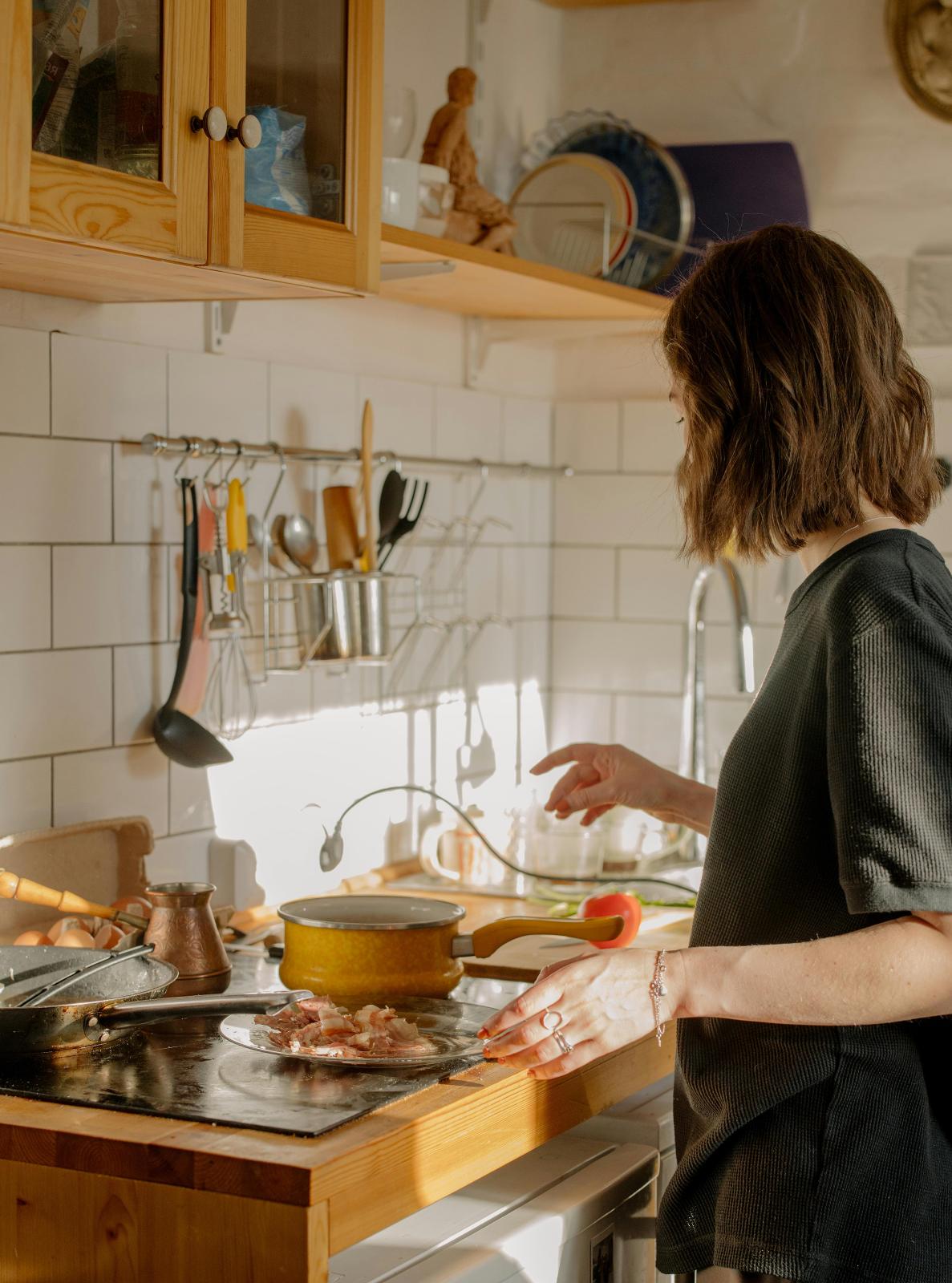
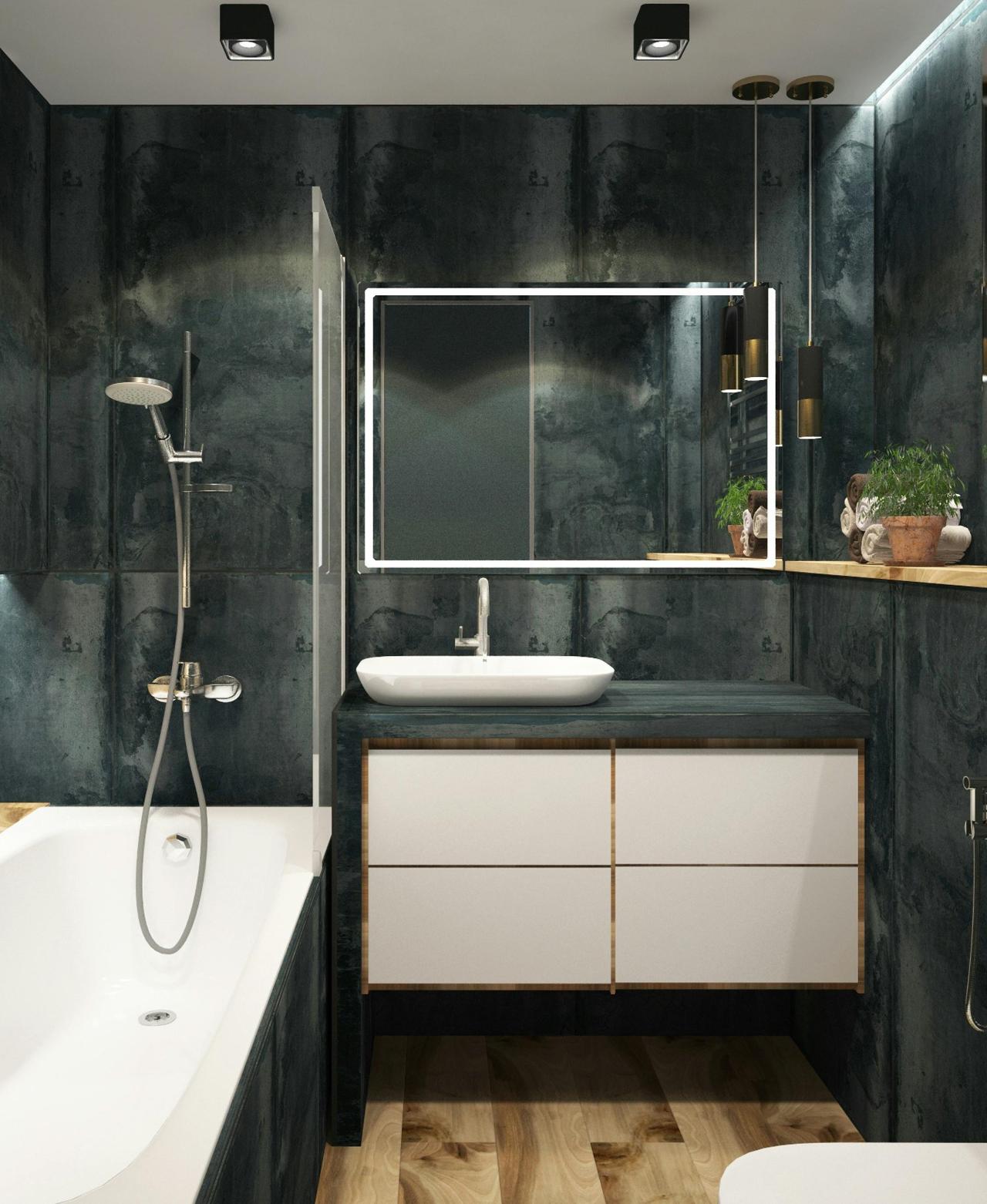
Bathroom
- Empty the bins
- Remove any hair lodged in the drain
- Remove all toiletries
- Bleach the toilet (remember to lift the seat!)
- WIPE EVERYTHING- sink, bath, tiles, floor
- Take photos once done- check against reference photos & inventory
Communal areas
- Take down and remove all personal items (anything left may be at risk of being charged to be removed by your landlord)
- Return all the furniture to its original place- dust and wipe down once you do
- Vacuum all carpets, remove any stains
- Clean and vacuum the stairs
- WIPE EVERYTHING- front door, any artwork or windowsills
- Clean the interior windows
- Take photos once done- check against reference photos & inventory
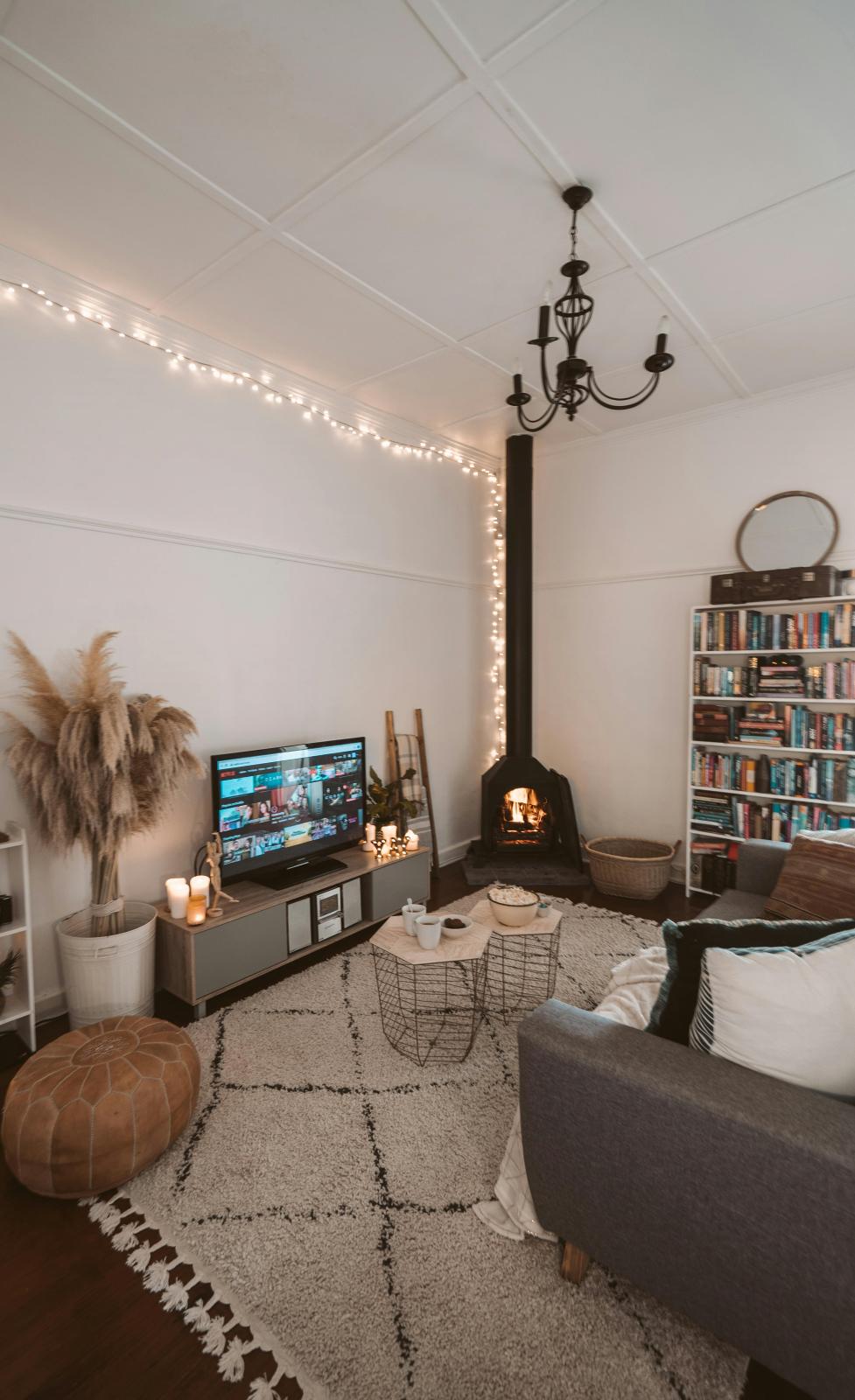

Garden (if applicable)
- Remove anything that belongs to you- outdoor furniture, games, toys
- Mow the grass (if this is a responsibility laid out in your tenancy agreement)
- Water any plants
- Clean any outdoor furniture
- Take photos once done- check against reference photos & inventory
The legal side
Notice Period
Your notice period depends on the type of tenancy (see below), but it is important that if you are required to give notice that you do so as laid out in your tenancy agreement
- Standard fixed term tenancies: you're secured into your contract for the entire period (an end date should be given) and you will likely need to pay rent unless you can find a replacement tenant
- Break clause: some tenancy agreements contain a break clause that allows you to end the tenancy early, normally after a certain amount of time has lapsed (e.g. 6 months). If you have it this clause will specify the notice period and how to trigger it.
- Periodic tenancies: normally the notice period is a similar length of time as the periodic tenancy (e.g. for a month-to-month, it would be one month)
It is common for notice periods to end on the last day of a rental period (e.g. end of the month) so take this into account!
Important- always give your notice period in writing, so you have a record.

Deposit return & disputes
- Ensure you’ve met all conditions in your contract.
- Check the inventory and original photos you took of the space- ensure the condition matches (or exceeds if you're really keen) what is listed there
- Ask your landlord or agent for a final inspection.
- Keep all important communication in writing.
- Email them once you have left asking for the deposit to be returned
- You should receive your deposit within 10 days of moving out (minus any deductions that may have been taken from it as a result of the condition of the property)
-
If you fail to reach an agreement of appropriate deductions from your deposit- you can raise a dispute with your respective deposit scheme using their Alternative Dispute Resolution Scheme (ADR)
Important to note- if there’s a disagreement, you can usually use your deposit protection scheme (where your deposit should be held) to help. This is normally through one of 3 services:
- Deposit Protection Service (DPS)
- MyDepositsLink opens in a new window
- Tenancy Deposit Scheme (TDS)Link opens in a new window
Useful bargaining tool: if the landlord did not protect your deposit, or give you the required information around the deposit within 30 days of you paying it, then you can claim up to 3 times it's amount!

Summer storage options
- Look into local storage companies for temporary options.
- Coordinate shared transport with your housemates if possible.
- Donate or dispose of unwanted items responsibly, don’t leave them behind.
There are several storage and removal companies, below are a collection of places to check out:
If you need somewhere to stay in between lets, the SU have pulled together a non-exhaustive list of

Some PBSAs sometimes organise events and activities, making it easier to meet and socialise with other students in the block.
Check with the PBSA on their website or contact them to discover if they offer these types of opportunities.